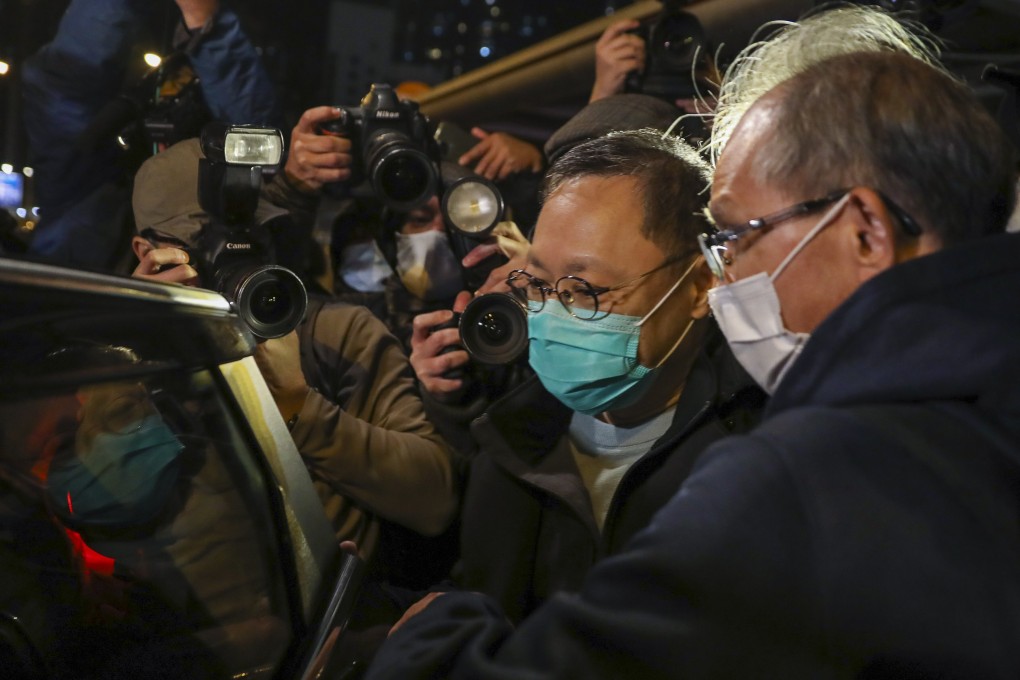My Take | Deep question lies behind Hong Kong mass arrests
- ‘Laam chau’, or mutual destruction, has been cited as the motive for the unsanctioned primary election run-off last July, but did most people have that in mind when they organised and voted in it?

Benny Tai Yiu-ting, a former law lecturer who was among those arrested, has been singled out as a mastermind. The irony is that others such as Helena Wong Pik-wang didn’t even win the primary.
Would the poll by itself have breached the national security law and triggered the latest arrests? To answer that, you may need some background information. We have to separate the poll’s organisation from an earlier statement Tai published in Apple Daily to rationalise the primary.

03:04
Mass arrests of Hong Kong opposition lawmakers, activists under national security law
They have been linked together by police, the security secretary, pro-government politicians and even Tai’s own supporters, as the reason for the arrests.
There is nothing wrong in political parties trying to win more seats in the Legislative Council, including gaining a majority. That is the name of the game.
There is also nothing wrong in trying to interest more voters to get them to participate. And while it may be unusual, there is nothing wrong with parties opening themselves to non-members to help choose candidates for elections.
However, before the primary, Tai in April published his manifesto “The ten steps to real ‘laam chau’ (mutual destruction) – the fate of Hong Kong”. He has been described, even by supporters, as the primary’s chief architect.
